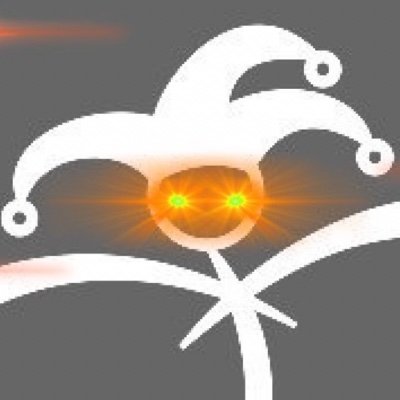jimbocoin on Nostr: Asimov stories are good, but they tend to be less philosophical than Heinlein, IMO. ...
Asimov stories are good, but they tend to be less philosophical than Heinlein, IMO. When Asimov does go philosophical, it tends to be narrow.
For example, in “I, Robot”, Asimov explored the philosophical implications of his proposed laws of robotics—how they might work in practice, in what ways they might conflict, etc. But that work is a series of short stories, as opposed to a holistic, contiguous story.
Arthur C. Clarke’s books tend to be somewhere between Heinlein and Asimov in this regard. Childhood’s End would be an example, IMO. I can’t say much about the story for risk of spoiling its, but IIRC it explores the nature of consciousness and evolution.
So whereas Heinlein will explore the impact on human behavior of various hypotheticals, and Clarke will explore the impact on humanity, Asimov tends to take human behavior and humanity as givens, and then noodle on extra-human topics.
For example, in “I, Robot”, Asimov explored the philosophical implications of his proposed laws of robotics—how they might work in practice, in what ways they might conflict, etc. But that work is a series of short stories, as opposed to a holistic, contiguous story.
Arthur C. Clarke’s books tend to be somewhere between Heinlein and Asimov in this regard. Childhood’s End would be an example, IMO. I can’t say much about the story for risk of spoiling its, but IIRC it explores the nature of consciousness and evolution.
So whereas Heinlein will explore the impact on human behavior of various hypotheticals, and Clarke will explore the impact on humanity, Asimov tends to take human behavior and humanity as givens, and then noodle on extra-human topics.
